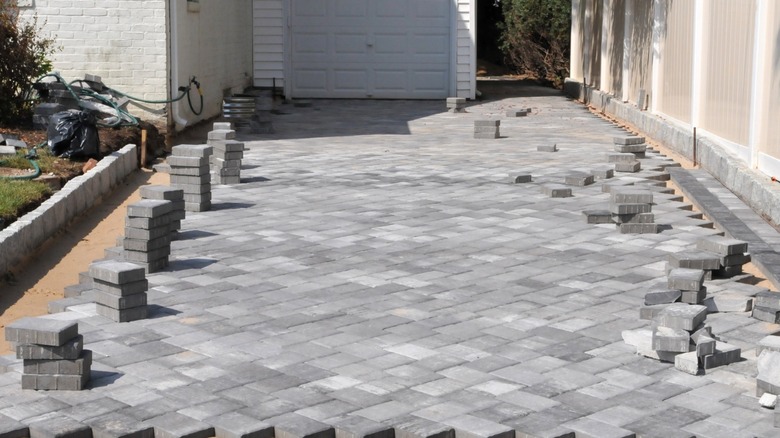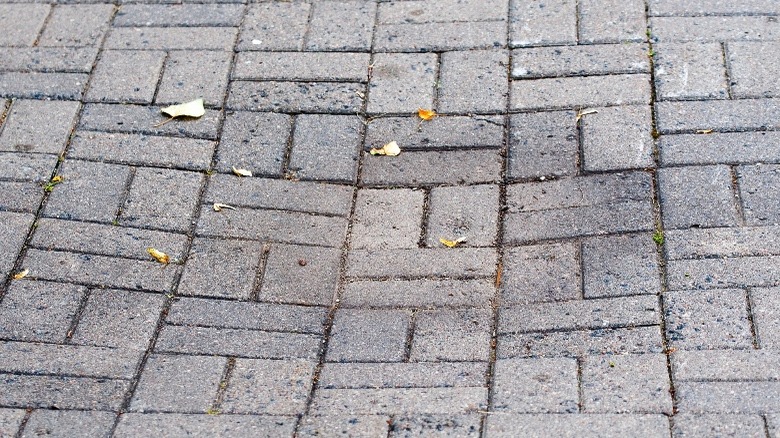Downsides To Concrete Paver Driveways You May Not Have Considered
Concrete paver driveways can be a great way to add an upscale look to the outside of your home, but they do have their downsides. Like any permanent fixture you add to your outdoor landscape, it's a good idea to weigh the pros and cons of your project to see if it's something you can live with. If not, you may want to look for another driveway layout to boost curb appeal. Concrete pavers have higher initial costs than plain concrete or asphalt, will often require a professional installation, can be slippery when wet, and may get damaged in cold weather.While you might love them at the start, your long-term satisfaction may dwindle pretty quickly.
So, what exactly are concrete pavers? You'll need to know this to make an informed decision when comparing them to other driveway materials. Concrete pavers are blocks of solid concrete, typically arranged in different patterns to create a driveway. The individual pavers come in a variety of shapes, sizes, and colors that give you flexibility with your design. Besides being used for driveways, many people use them in patios, outdoor walkways, and decking around ponds and pools. All of this makes concrete pavers attractive, but using them for a driveway can come with problems.
Cons of concrete paver driveways
One of the first downsides of concrete pavers to consider is the upfront cost. A concrete paver driveway is more expensive than a standard concrete driveway. If you use professional installation, labor becomes a big part of the upfront costs. While you can install a concrete paver driveway yourself, this is one of those projects best left to professionals. Even then, you can still have problems. Concrete pavers are incredibly durable, but they do require some maintenance as the joints between pavers become packed with dirt and weeds over time. Keeping paver driveways attractive and functional can involve more work than other options. Repairs to your driveway can also be costly.
In areas where temperature changes are common, paver driveways may suffer from heaving and settling, which can also cause the pavers to crack or chip. The heaving or settling makes the surface uneven, creating tripping hazards, sinking, or problems with parking. Even though concrete pavers are durable, they may not last as long as you'd expect. Concrete pavers' lifespan might be a result of reasons that include weather, traffic, and maintenance; otherwise, they could wear out and need replacement sooner than later. Even solid concrete driveways will need repairs at some point; just know going into the project that concrete may not be the best option for your driveway.

